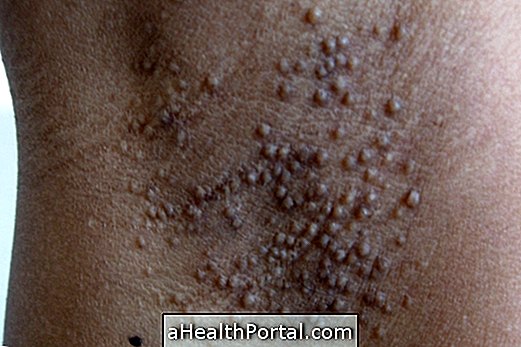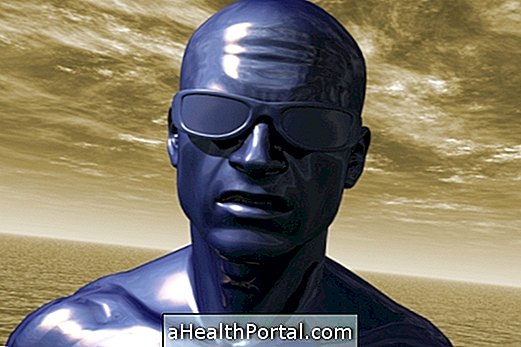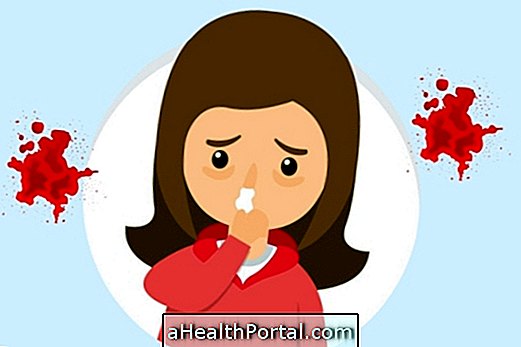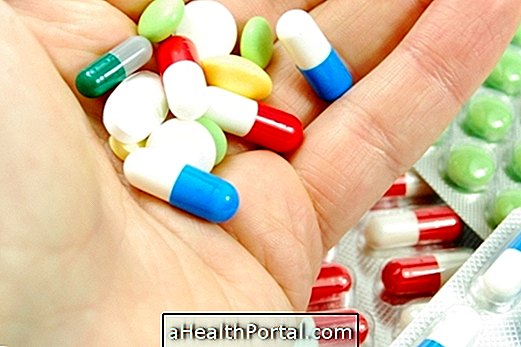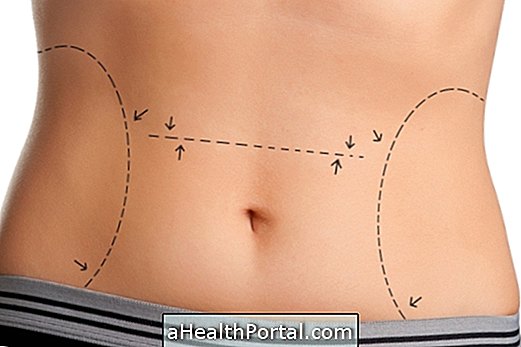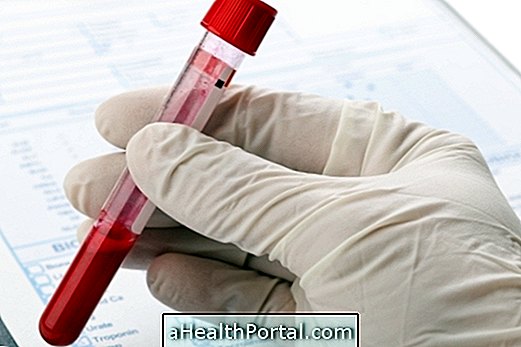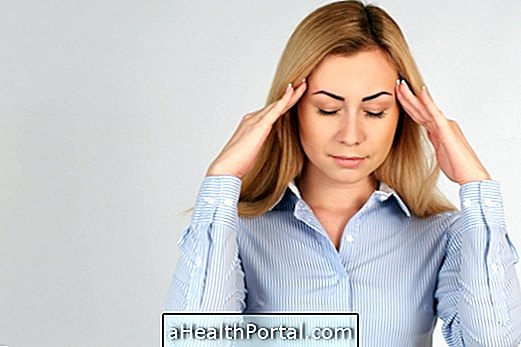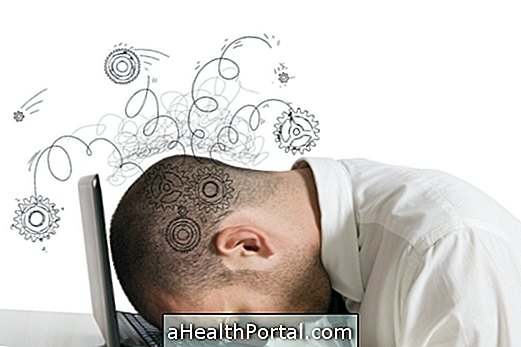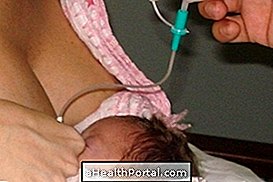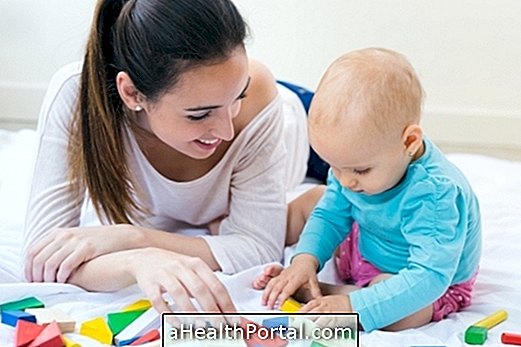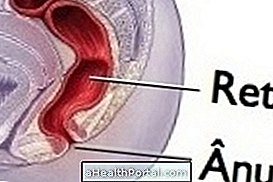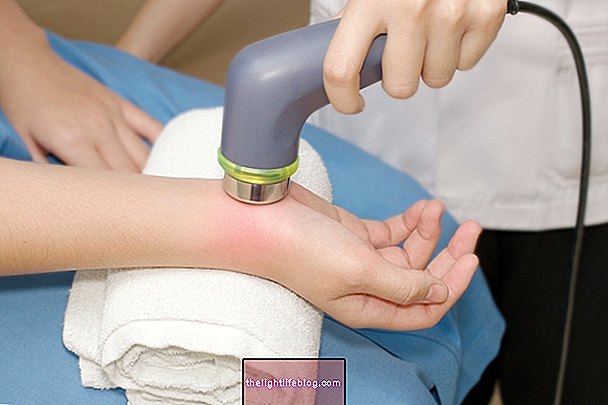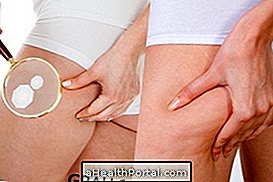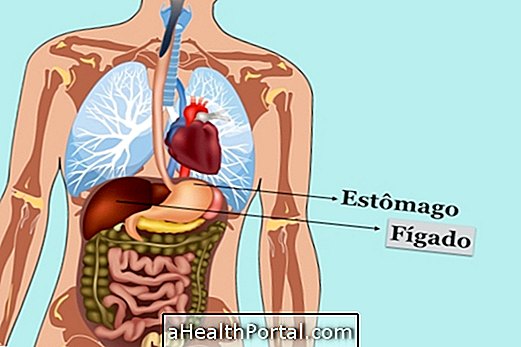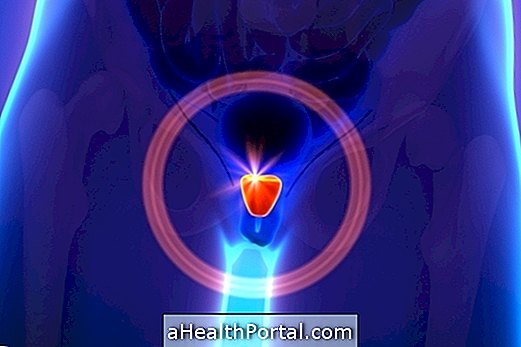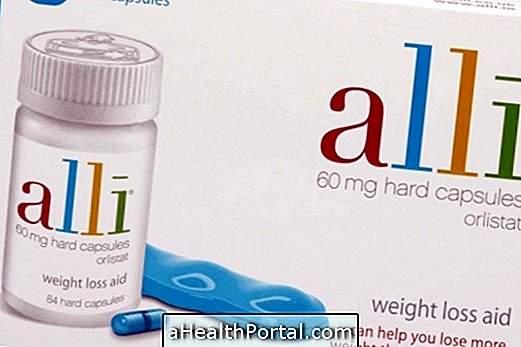Bornholm's disease, also known as pleurodynia, is a rare infection of the rib muscles that causes symptoms such as severe chest pain, fever, and generalized muscle pain.
Usually, the virus that causes this infection, and which is known as Coxsackie B virus, is transmitted by food or objects contaminated by feces, but can also arise after being in contact with someone infected as it can pass through the cough.
This disease has a cure and usually goes away after a week, without needing specific treatment. However, some analgesic remedies may be used to help alleviate symptoms during recovery.
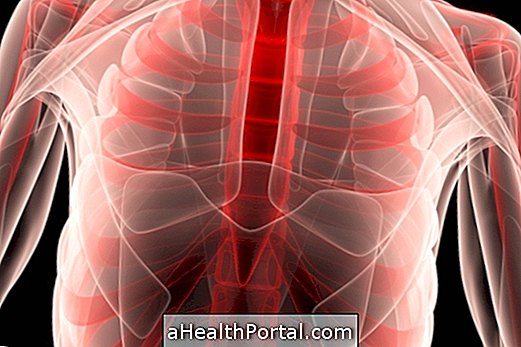
Main symptoms
The main symptom of this disease is the appearance of very intense pain in the chest, which worsens when breathing deep, coughing or when moving the trunk. This pain can also arise from seizures that last up to 30 minutes and disappear without treatment.
In addition, other symptoms include:
- Difficulty breathing;
- Fever above 38º C;
- Headaches;
- Constant cough;
- Sore throat;
- Diarrhea;
- Generalized muscle pain.
In addition, pain in the testicles may also occur in men, because the virus is capable of causing inflammation of these organs.
These symptoms may appear suddenly, but they disappear after a few days, usually after a week.
How to confirm the diagnosis
In most cases, Bornholm's disease is diagnosed by a general practitioner only through the observation of symptoms.
However, when there is a risk of chest pain being caused by other diseases, such as heart or lung problems, your doctor may order some tests, such as chest x-rays or electrocardiograms, to rule out other hypotheses.
How is the treatment done?
There is no specific treatment for this disease because the body is able to eliminate the virus after a few days. However, your doctor may prescribe analgesics, such as Paracetamol or Ibuprofen, to relieve pain and discomfort.
In addition, it is recommended to take care similar to a cold, such as resting and drinking plenty of fluids. To avoid transmission of the disease it is also advisable to avoid crowded places, not to share personal belongings, to wear a mask, and to wash your hands often, especially after going to the bathroom.
